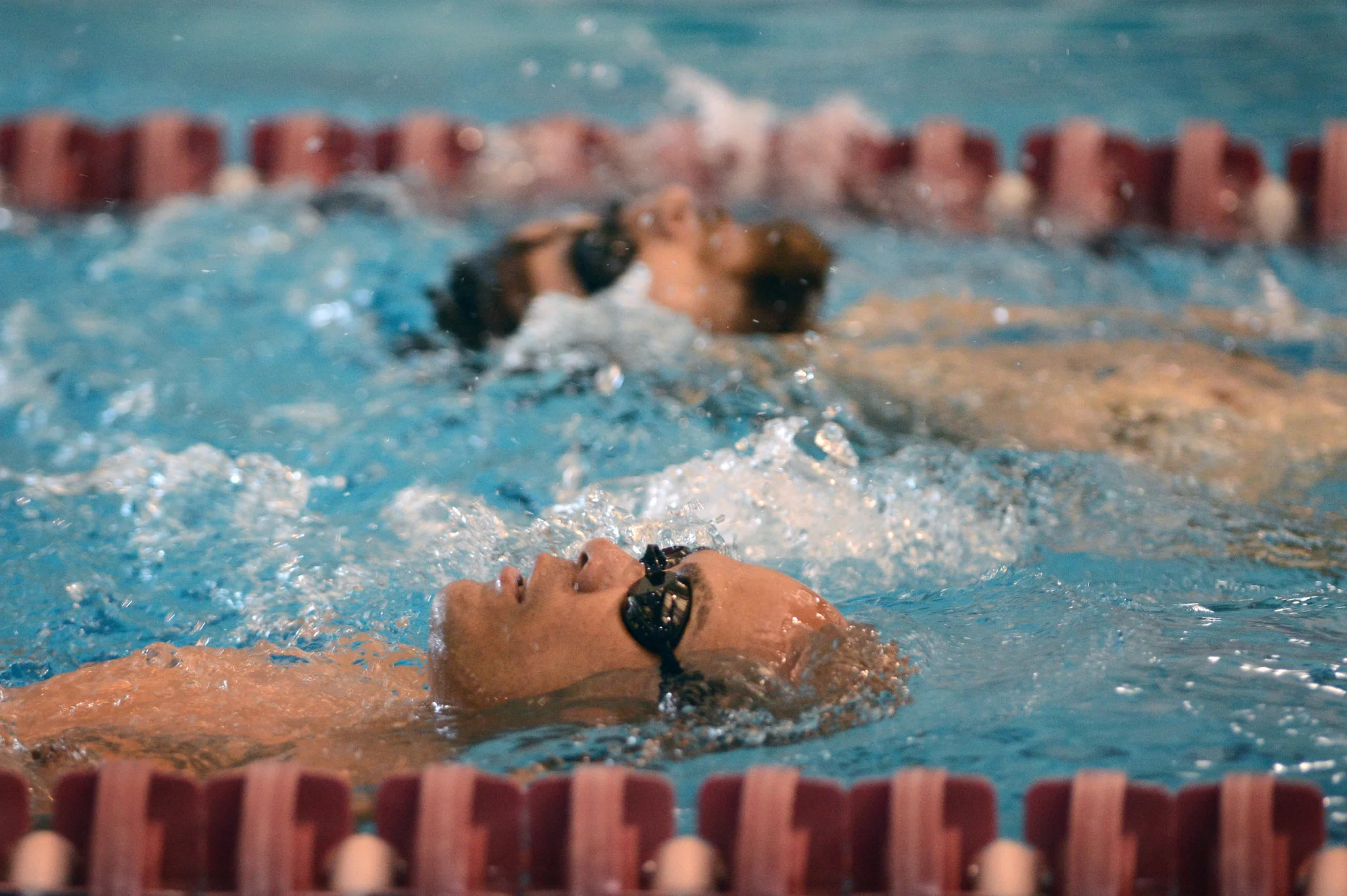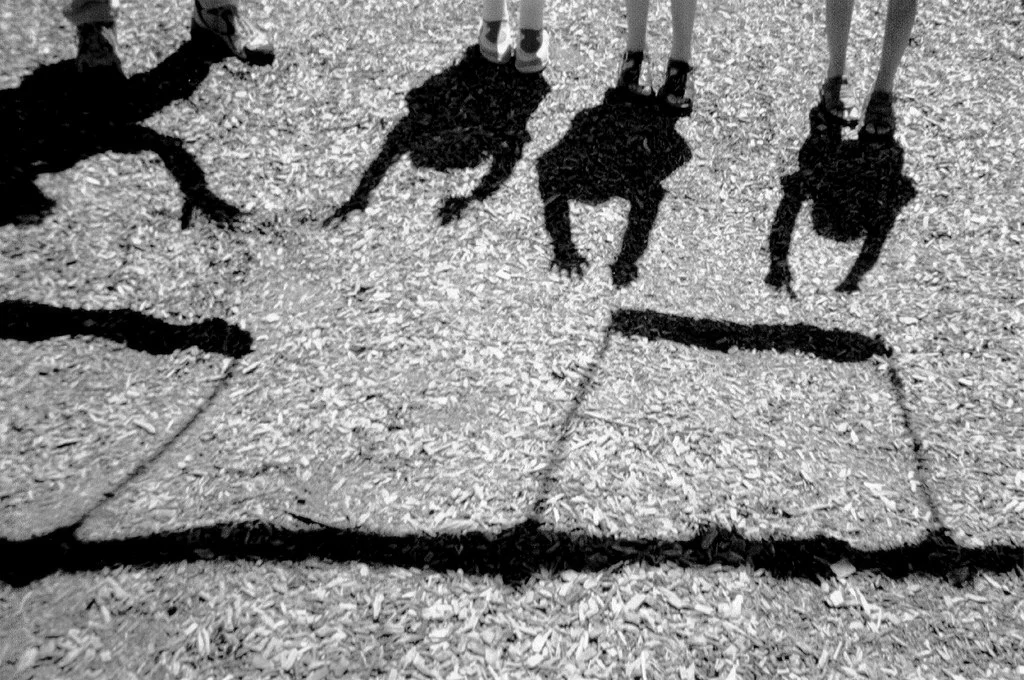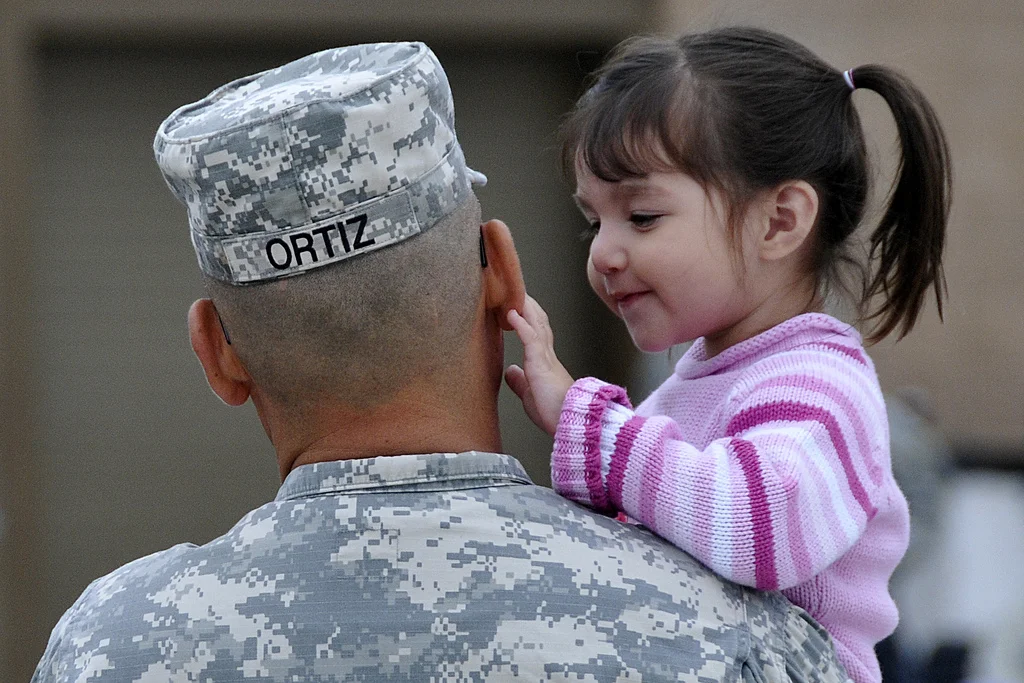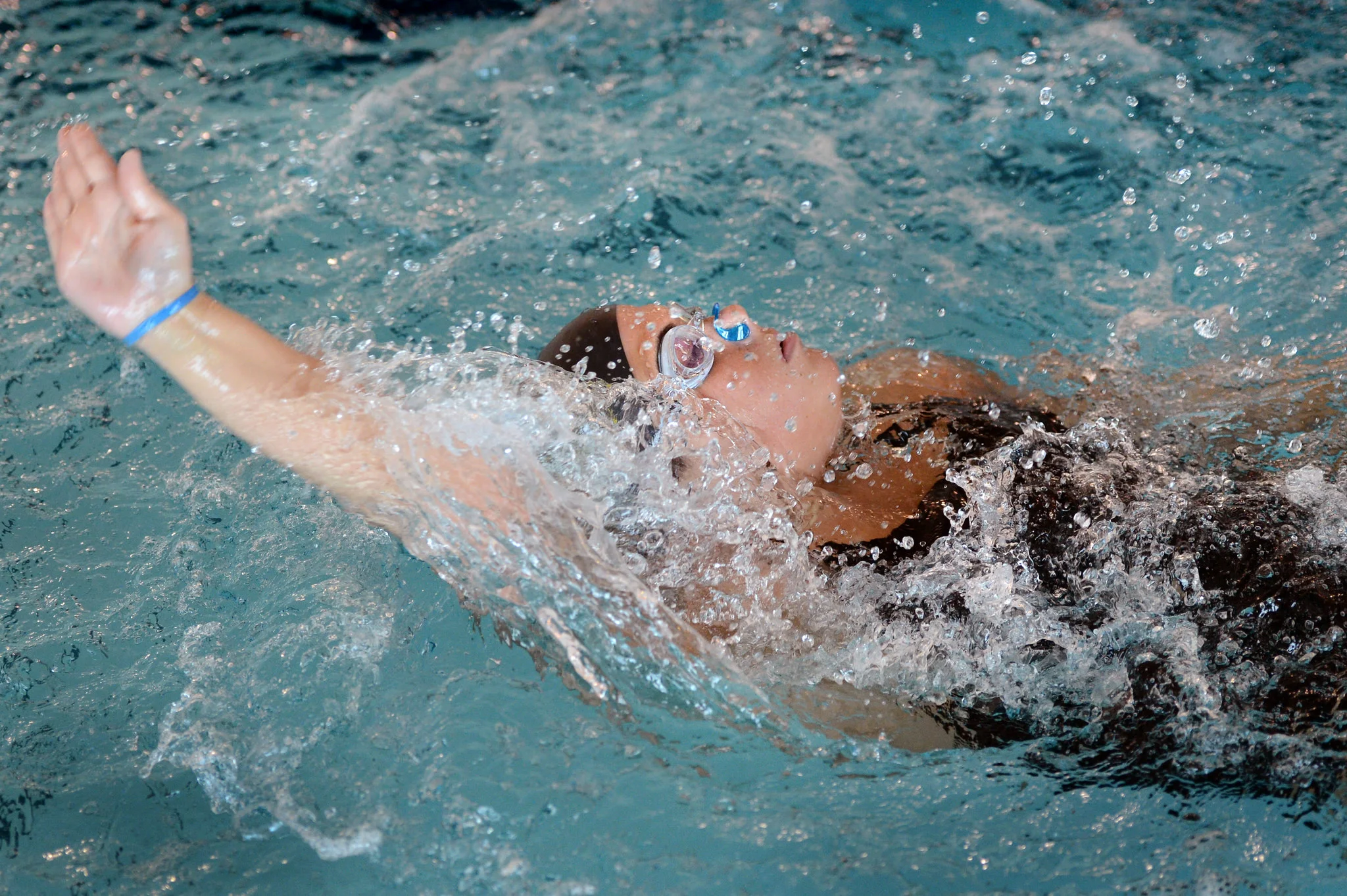Photo by Friends for Life Dog Training
Central Oregonians are serious about our dogs. Especially in the summer, our dogs come with us on camping trips, hikes, and even rafting and paddle boarding! Also, as a time when more dogs are outside, dogs can be at greater risk of accident and injury in the summer. That means the start of summer is a great time to learn more about how to take care of your dog – and even other dogs you might find outside injured. Healthy dogs can also reap the benefits of proper grooming, massage therapy, and essential oils. If you want to give your dogs a great summer, and attend to their health and well-being in new ways, come join a diverse cast of local dog experts in hourly classes in their fields of expertise.
Photo by Friends for Life Dog Training
Photo by Friends for Life Dog Training
This series of classes will take place in Tetherow Crossing Park (5810 NW Tetherow Rd. in Redmond), and the instructors have generously volunteered their time so that all registration fees will go to support the restoration of the AJ Tetherow homestead, the oldest house in Deschutes County (1878). Before and after class, participants can enjoy beautiful Tetherow Crossing Park, right on the Deschutes River, and learn more about the history of the homestead and its role as a critical point of transportation in the settlement of Central and Eastern Oregon. For more about the homestead and our efforts to preserve the historic structure, you can check out our blog post on Tetherow Crossing.
Tetherow Crossing Park 2017
One affordable registration fee (going to a good cause) gets you four seminars with local dog experts starting this month:
May 13th – Learn Pet CPR and First Aid in an Emergency – tips for your own dogs and how to respond to a dog you might find injured on the road. Taught by Dennis Fehling of Friends for Life Dog Training. 10-11:30. Stay for a nose work demonstration!
May 20th – 10 – 11:30. Learn massage therapy tips for dogs from Sarah McCoy of Friends for Life Dog Training.
June 10th – Dr. Bernadette Hartman, DVM will present a class on how to use essential oils for your dog. 10 – 11.
For the above classes, instructors will bring their own dogs to demonstrate the techniques. Please do not bring your dog unless specifically requested.
June 24th – grooming tips from Shannon Dayton, a professional local dog groomer. Learn how to clip your dog’s nails, clean their ears, the basics of grooming different types of coats, some tips on products and tools, etc. 10 – 11. As long as your dogs are DOG FRIENDLY and won’t be distracting in the group class, you can bring your dog to get tips on specific grooming issues.
Kids 7 & up are welcome to attend with an adult, but to provide a safe environment, we ask that only kids participating in the class under adult supervision attend.
$40 per adult.
1 child 7 & up can participate free with adult participant. Additional kids who want to learn the techniques and attend with an adult, $20.
Pre-registration is required.
Meet some of the generous experts donating their time to help RAPRD preserve this piece of Oregon heritage and spread awareness of these important dog care techniques:
Photo by Friends for Life Dog Training
Photo by Friends for Life Dog Training
Dennis Fehling describes Friends for Life Dog Training as “a professional dog training business with a mission to help our clients and their dogs stay together through the use of positive reinforcement-based dog training.” Friends for Life offers a variety of fun classes for puppies and adult dogs. “We teach a puppy class for socialization,” Dennis explains, “and we teach older dogs manners so they can learn to live with their humans.”
Dennis will be teaching Pet CPR and First Aid in an Emergency. “We live in a very dog-based community,” he observes. “At any time you could face an emergency with your dog either at home or out in our beautiful part of the state. Our goal of the class is to give our students a basic understanding of how to properly do CPR, and help an animal that is choking or bleeding through the use of proven specific techniques that anyone can do and should learn.” Dennis agreed to give up a summer Saturday to volunteer for RAPRD, he says, because “We love giving back to our community in any way we can. This was something we could support, as well as get our message out about positive based dog training.”
Dr. Bernadette Hartman has a veterinary practice in Bend and is also a nationally recognized speaker on the Animal Human Connection. “My practice is focused on holistic veterinary care and intuitive energy healing for owners and their animals,” she explains, “I look at the whole picture including mind, body, spirit, energy and emotions. Working with behavioral and emotional issues within the Animal Human Connection while helping people become empowered and more connected to their animals is a huge passion and large part of my practice.”
Dr. Bernadette Hartman, DVM
Dr. Hartman will be teaching the class Behavior, Emotions, and Essential Oils for the Animal Human Connection. “I feel this is important to help owners understand how and why their animals are displaying behaviors or emotions,” she describes, “how animals are reading energy and how and why essential oils are so important in supporting the Animal Human Connection.” Dr. Hartman believes that this understanding is important to help owners “create a deeper connection and understanding of their animals and the roles they are playing in their lives.” She explains that the Animal Human Connection contains great healing potential, with the power to uplift and change lives. “This is what I help animals and owners find - deep authentic relationships and connection to ones truth. The healing truly benefits both owners and their beloved animals.”
Dr. Hartman has agreed to donate her time to give back to the community in this way not only because of her passion for helping animals and their owners, but also because she believes the historic site has a special cultural significance for the county. “The importance of preserving something that means so much to so many, and can offer a place of continued connection, is very powerful. This will benefit future generations and all of us here in the present. It's a win-win for all!”
Come out to Tetherow Park this summer to learn these important dog care skills and support the restoration of an important piece of Deschutes County heritage! If you can’t make it to the dog care seminar this year but you’d like to support the historic preservation of the Tetherow Homestead, you can make a donation at the pool or the RAPRD Activity Center, or online.
(Note: if you are reading this in email, some carriers like Gmail disable the PayPal link. You can click here to donate through our blog in your browser.)
Tetherow Homestead c. 1915
Tetherow Homestead 2017









































